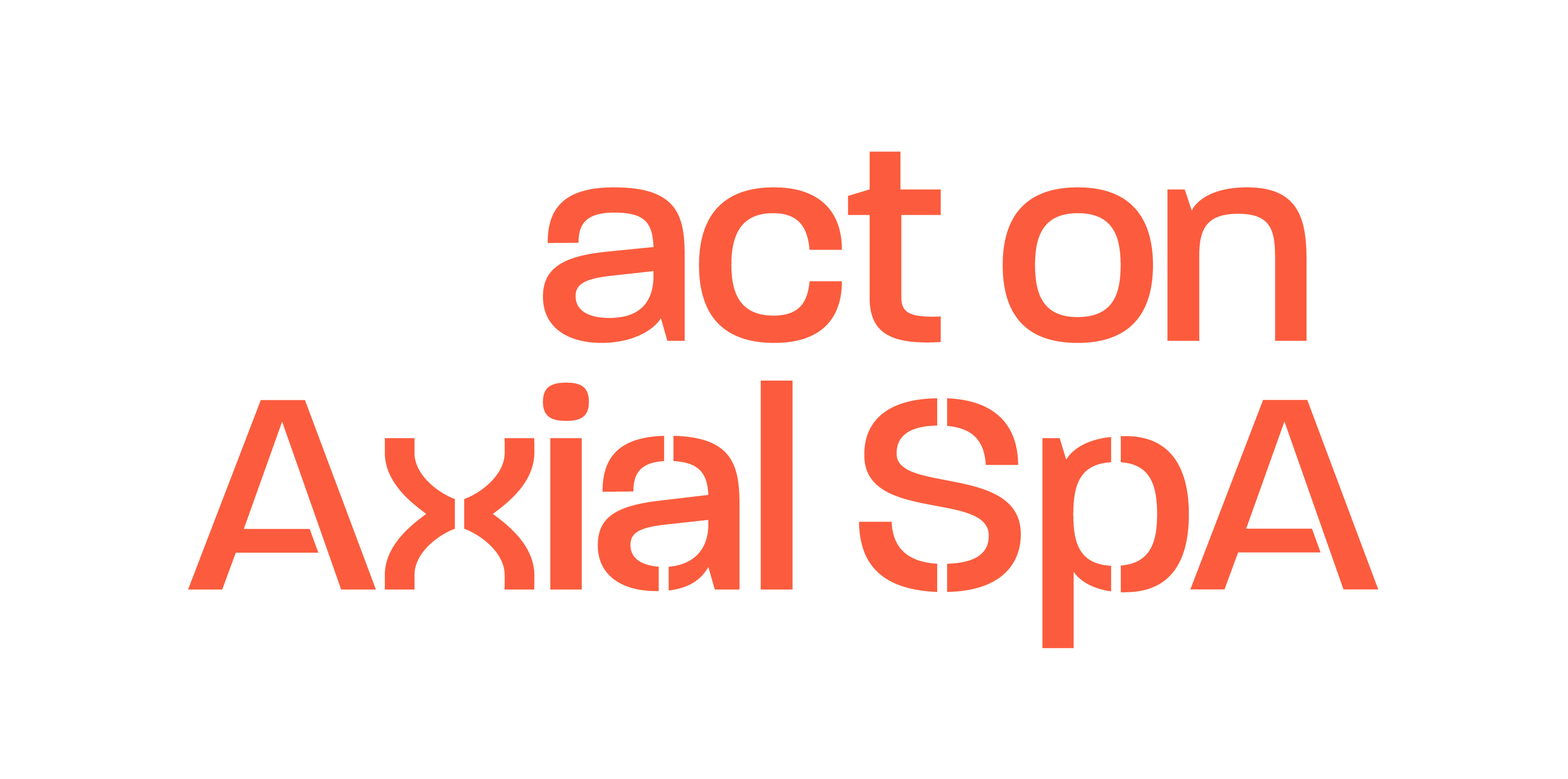Eight organisations have endorsed plans by the National Axial Spondyloarthritis Society (NASS) to introduce a Gold Standard Time to Diagnosis of one year, but more are needed.
The plan published today (22 June 2021), sets out a four-year strategy to reduce the average time to diagnosis of axial spondyloarthritis from eight years to just one.
NASS is the first organisation in the world to propose a ground-breaking Gold Standard time to diagnosis of one year, as part of the Act on Axial SpA campaign.
NASS encourages any organisation in musculoskeletal health to step forward and endorse the plan, including patient organisations, professional bodies and NHS Trusts.
If your organisation is interested in endorsing the document please contact jill@nass.co.uk
All Party Parliamentary Group (APPG) for Axial SpA
Written endorsement pending
Arthritis Action
Arthritis Action’s vision is for people to live active lives, free from the impact of arthritis. We very much welcome the Gold Standard Time to Diagnosis programme which will be launched as Act on Axial SpA, and are very happy to endorse this. Reducing the average time for diagnosis from eight-and-a-half years to just one will ensure people living with the pain of Axial SpA can get the support they need from healthcare professionals, charities such as National Axial Spondyloarthritis Society, as well as learning self-management techniques to live well with Axial SpA.
Arthritis and Musculoskeletal Alliance (ARMA)
ARMA’s vision is that everyone with MSK conditions receives appropriate, high quality interventions to promote their health and well-being in a timely manner. We know that delays in diagnosis of MSK conditions such as axial SpA have a significant impact on people with those conditions. Addressing these delays is vital. Act on axial SpA makes an important contribution to achieving this vision.
This ambitious project has identified the reasons behind the delays and practical steps that can be taken to address them. We hope that everyone will support the campaign to implement these steps and achieve the Gold Standard time to diagnosis. We also believe that there will be lessons in the report which are relevant to other conditions which experience long delays in diagnosis. This report is a significant contribution to the improvement of MSK services.
AStretch
Written endorsement pending
British Society for Rheumatology
Written endorsement pending
British Society for Spondyloarthritis (BRITSpA)
BRITSpA is delighted to endorse the Gold Standard Time to Diagnosis proposal aimed to shorten the time to diagnosis for people with axial SpA from 8.5 years to no more than one year from onset of symptoms. If achieved, this will be the single most important development in this underserved chronic condition and would contribute significantly to improve the outcome of this disease.
The proposed campaign under the heading “act on Axial SpA” to include programmes addressing public awareness of axial SpA, healthcare practitioner education, diagnosis pathway transformation and service quality improvement is an ambitious programme that requires close collaboration with all stakeholders including patients themselves. As an organisation comprising of health care professionals committed to advancing knowledge and treatment of spondyloarthirits, BRITSpA is ideally placed and willing to work in partnership with NASS to achieve our common goal of timely diagnosis and prompt intervention to improve the lives of patients with axial SpA.
British Society of Skeletal Radiologists (BSSR)
The BSSR agrees with the policy of increasing awareness of axial SpA and agreees that radiology protocols should be adopted in all centres that use the sequences as that have been outlined in the references included on the BRITSpA website.
Institute of Osteopathy
The Institute of Osteopathy is the lead body representing osteopaths in the UK. We are delighted to support ‘Act on Axial SpA’ by the National Axial Spondyloarthritis Society to introduce a ‘Gold Standard for Diagnosis’ and so reduce the excessive 8-year average delay that people are currently experiencing.
As Allied Healthcare Professionals, osteopaths have direct experience of the challenges and poor quality of life that so many people face when there is a delay in diagnosis and therefore appropriate care.
This initiated our involvement with NASS through the Allies programme, and we continue to support fully NASS’ ambition and collaborative approach to address the current factors associated with the delay in diagnosis, and so improve the care and quality of life of people living with axial SpA.
Primary Care in Rheumatology and Musculoskeletal Medicine (PCRMM)
The Primary Care Rheumatology and Musculoskeletal Medicine Society is happy to Endorse Act on Axial SpA; A Gold Standard Time to Diagnosis. This fully aligns with our charity aims which include improving knowledge of musculoskeletal and rheumatology disorders in primary care, and to improve the standards of care provided to patients.
Our organisation recognises the crucial importance of primary care in the early diagnosis of axial SpA and we too are dismayed by the apparent delays which unfortunately occur all too often. We hope by endorsing this timely and important endeavour that the outcomes for patients with axial SpA can be improved.
Royal College of Chiropractors
The Royal College of Chiropractors is pleased to endorse this important document. As first point of contact practitioners specialising in the care of spinal and other MSK pain conditions, Chiropractors are trained to identify risk factors for serious pathology, including inflammatory spinal conditions, and make appropriate onward referrals. Act on Axial SpA facilitates the earlier subsequent tertiary referral and diagnosis for patients with Axial SpA that will help optimise their long-term outcomes.
